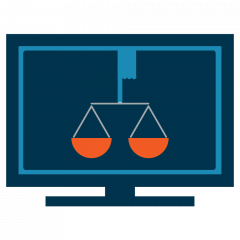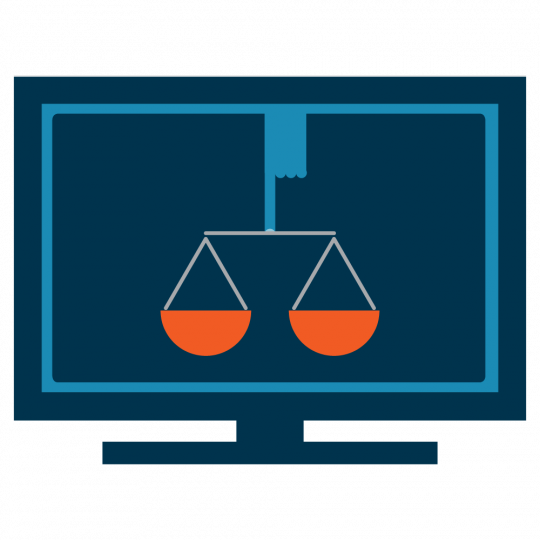Who: Adblock Plus, Zeit Online, Handelsblatt, Wirtschafts Woche, ProSieben Sat.1, RTL Interactive and Axel Springer.
Where: Germany
When: April 2015
Law stated as at: 13 May 2015
What happened:
A recent German regional court case has found that users have the right to use adblocking plug-ins. This case attracted attention as it is one of the first to consider the legality of this relatively new technology which permits users to block all ads from appearing when browsing the internet. As such, this technology has attracted criticism from the advertising and marketing world, alongside that from online businesses which draw their revenue primarily from advertising.
Adblock Plus won their case in the Hamburg court after a four month trial against Zeit Online and Handelsblatt, who had claimed that the usage of adblocking technology was anti-competitive. They had been seeking damages but, in the press, had argued that they wanted to challenge the business model for adblockers in general. The court found that the use of this technology by Adblock Plus was not contrary to German law.
Interestingly, Adblock Plus offers its adblocking services to users for free but operates a “white-list” of adverts and advertisers. Advertisers pay to appear on the white-list and their adverts are then able to pass through the filters and appear when browsing sites, even when users are operating the Adblock Plus system. The FT reported in February that Amazon, Google and Microsoft are all, reportedly, paying Eyeco (Adblock Plus’s parent company) to appear on this white-list.
Be that as it may, after the judgment Eyeco have stated that the ruling “is living proof of the unalienable right of every user to enjoy online self-determination.”
This is unlikely to be the last word on adblockers in general and Adblock Plus in particular as the company is also involved in three other cases involving ProSiebenSat.1, RTL Interactive and Axel Springer.
Why this matters:
Companies such as Adblock Plus, and the associated technology, will undoubtedly be of concern to many marketers and online companies that generate their income through ad sales.
This German judgment suggests that the courts are not willing to hold that such software is illegal. It is therefore unlikely that this software will be banned or outlawed for the present, at least in Germany. Although this case was brought in Germany under German law, the legal basis for many of these arguments is rooted in European Union law and, as such, will be of interest more widely throughout Europe. Individual jurisdictions and European courts do often have slightly different interpretations of EU law and are also influenced by their own national law and principles. Therefore it is not yet known whether other countries and jurisdictions will follow the German example and rule that this use of the technology is legal.








